Housebuilders face growing pressure to go green. Investors are starting to recognise that climate risk is investment risk. And now many lenders' cheapest rates are only available for sustainable projects. Sustainability is no longer just a regulatory box to tick: it's become crucial for maximising shareholder value.
Growing shareholder pressure
Our analysis shows environmentally conscious investors own at least 30 per cent of housebuilder shares. These investors have made commitments to achieving net zero carbon. They expect their invested companies to have an action plan to reduce their emissions. Housebuilder boards will face increasing pressure to decarbonise as the weight of green capital grows.
For example, BlackRock now expects companies to publish climate plans aligned with the Paris Agreement. And earlier this year, Aviva announced its firms would have to deliver net zero emissions by 2050 or face sanctions.
Cheaper finance for sustainable projects
Lenders are taking a closer look at sustainability too. Most major lenders have committed to net zero emissions targets. They are also tightening their lending criteria and launching new products for environmentally sustainable projects. That means developments without strong sustainability credentials will become harder and more expensive to finance.
Many mortgage lenders offer cheaper rates for people buying sustainable homes. As this becomes more widespread, we may see less sustainable homes become more difficult to sell.
This adds to the pressure from government
Just 1 per cent of homes built since 2011 scored A on their Energy Performance Certificate. We need to do better.
From 2025, all new homes will have to be built to the Future Homes Standard. That means they’ll have to generate 75-80 per cent less CO2 than current standards allow. As this deadline approaches, buyers may start taking a more critical view of homes falling short of these standards. While lower build costs may mean they’re cheaper on day one, these less efficient homes could need significant investment to make them net zero.
As regulations tighten we could see the emergence of a 'sustainability premium', reflecting a property’s need for investment. Housebuilders will have to build homes to meet these standards or adjust their prices accordingly.
Further information
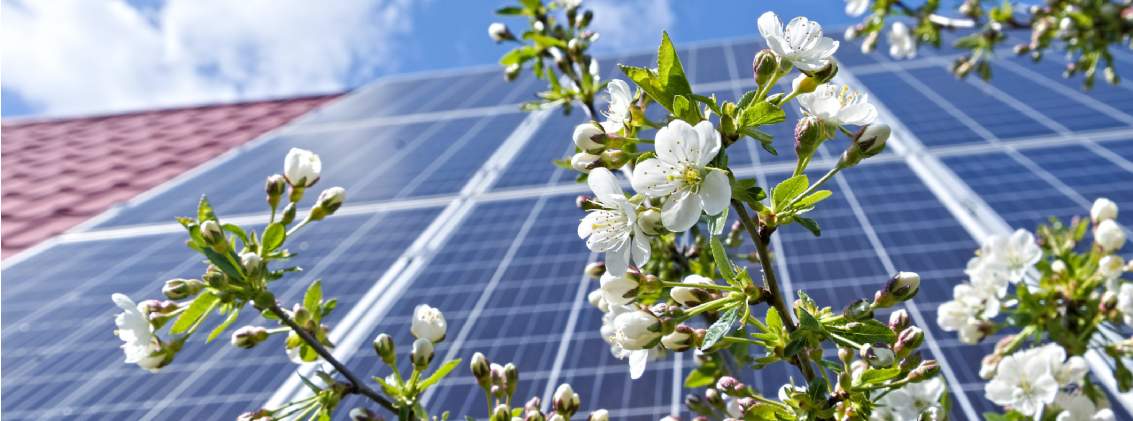
.jpg)
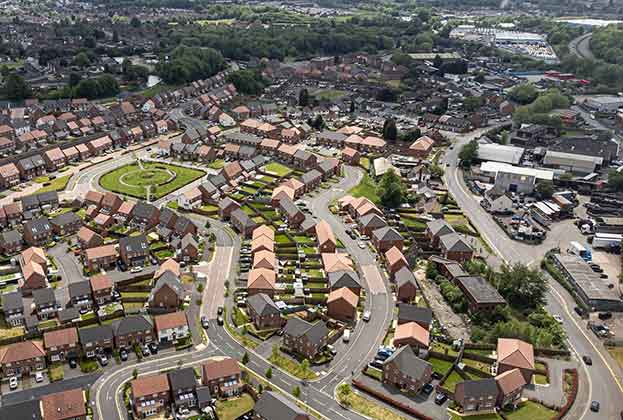
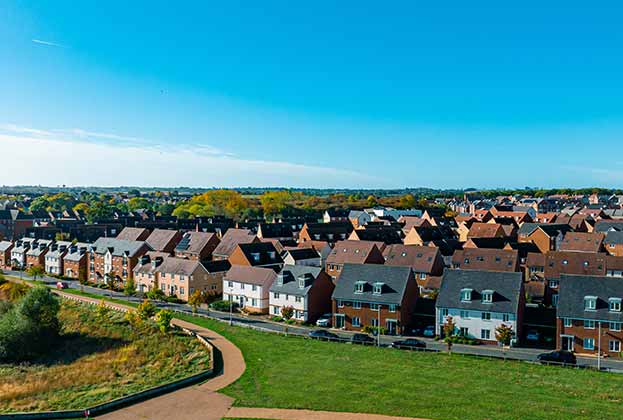
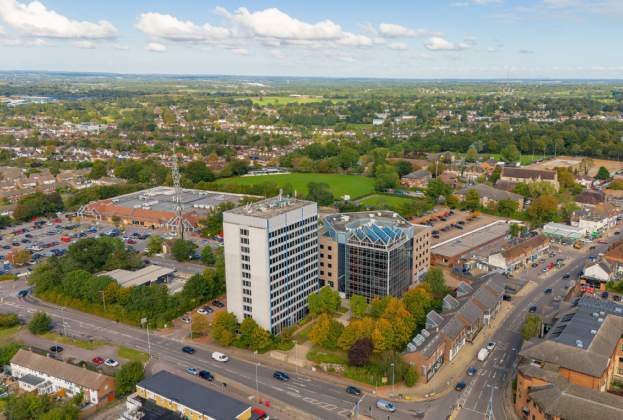
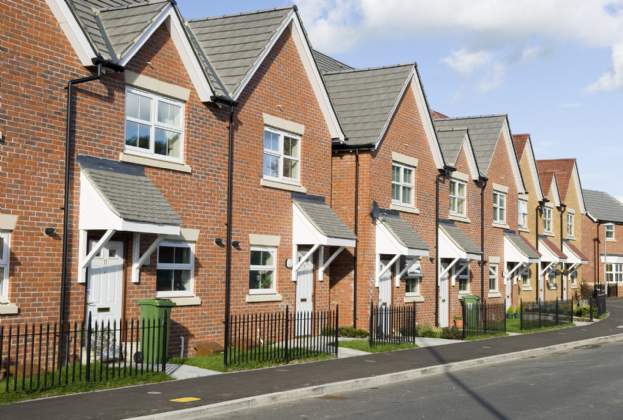
.jpg)
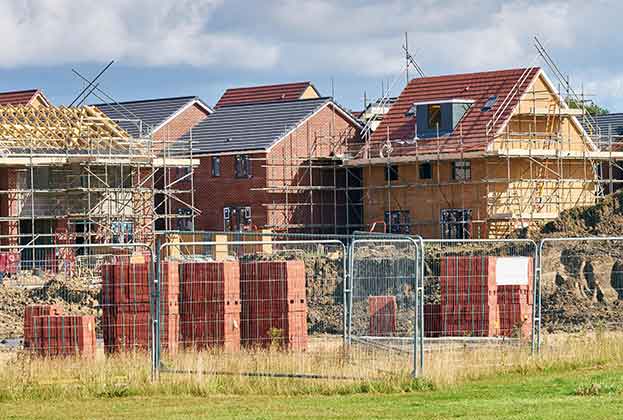
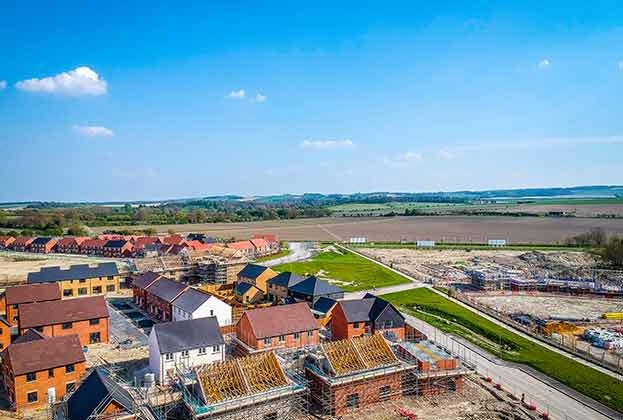
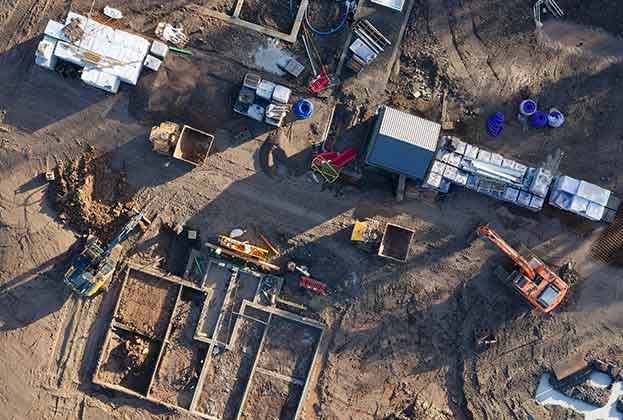
.jpg)